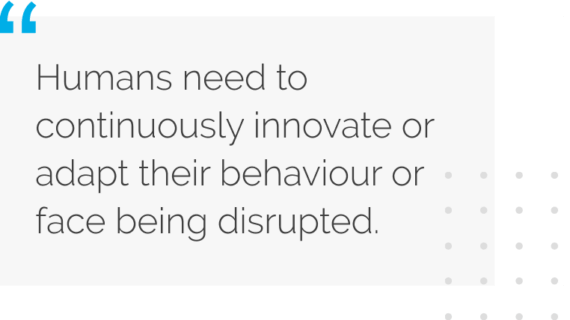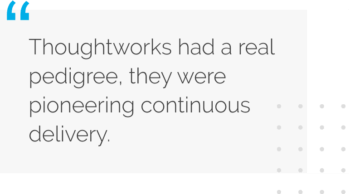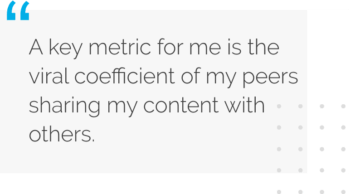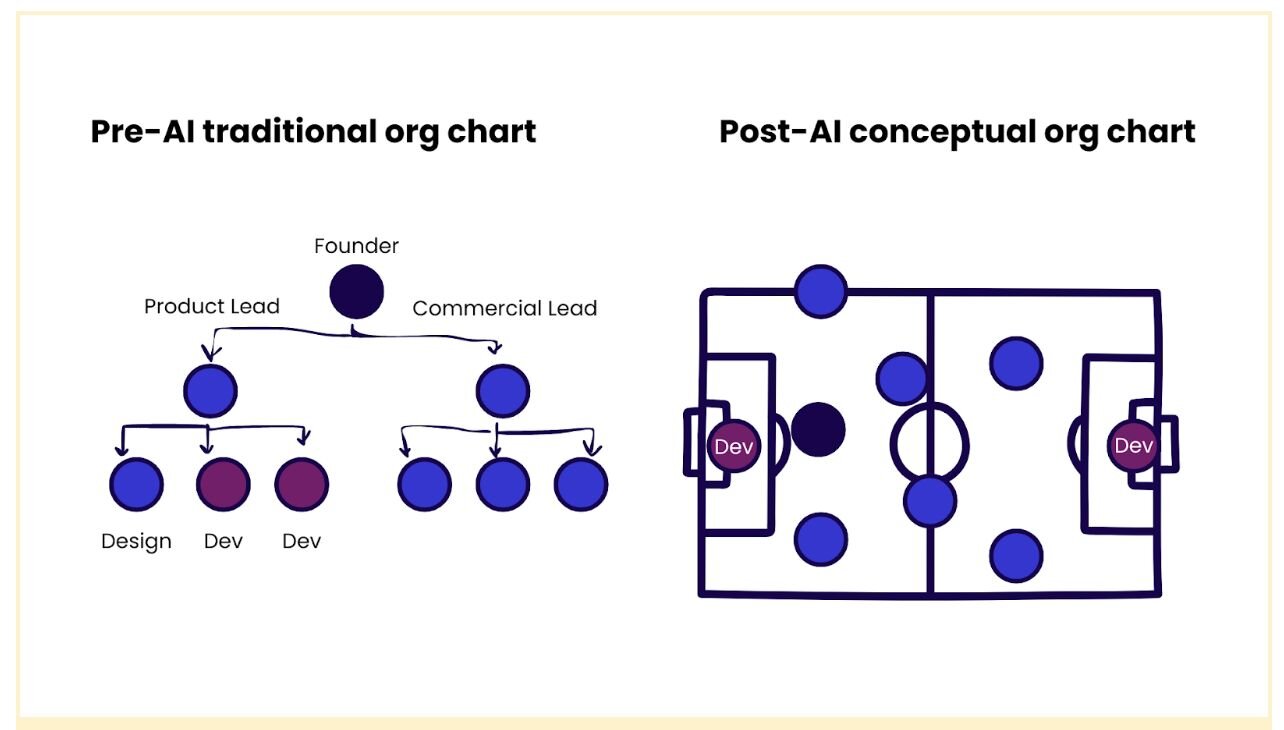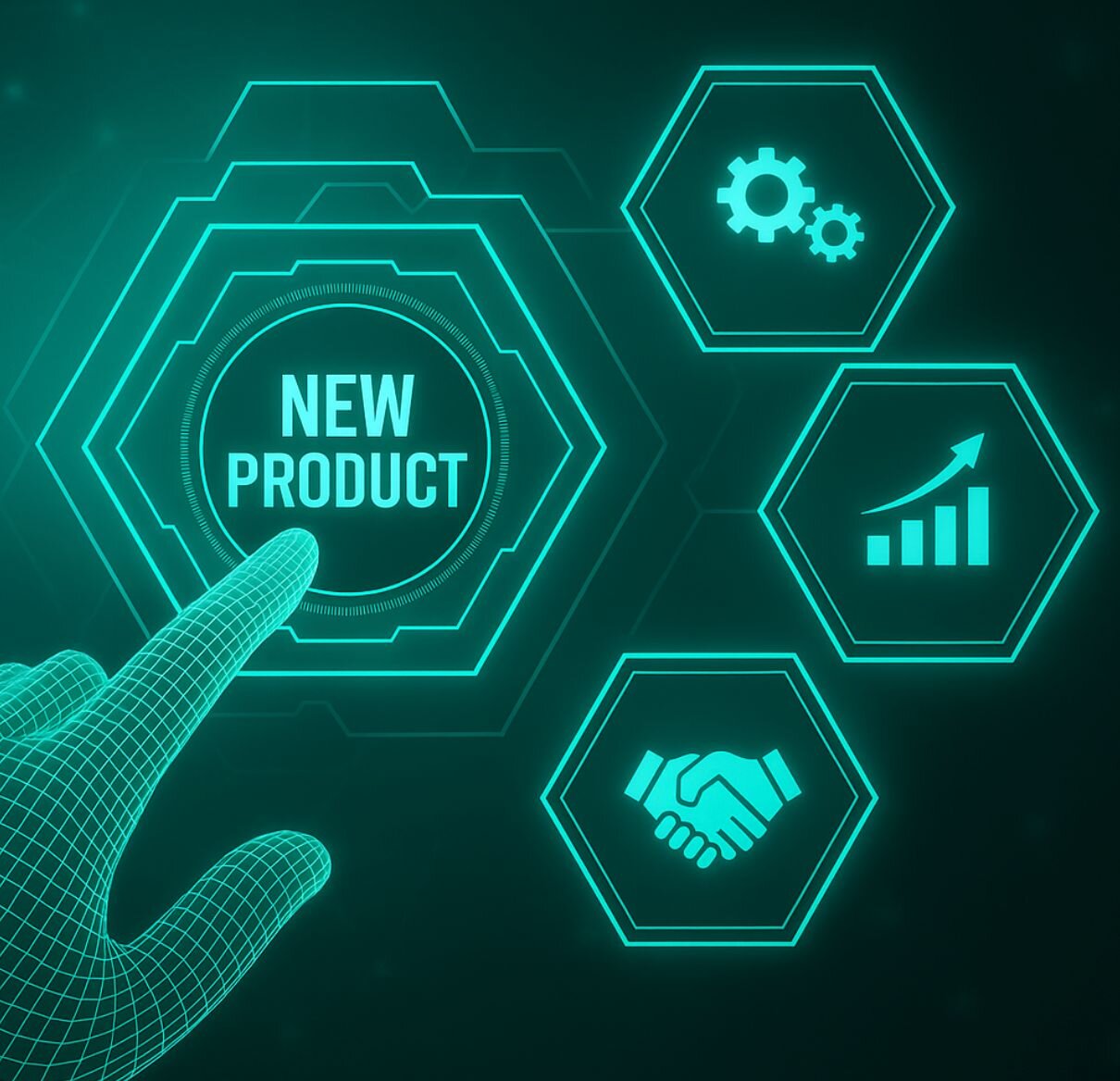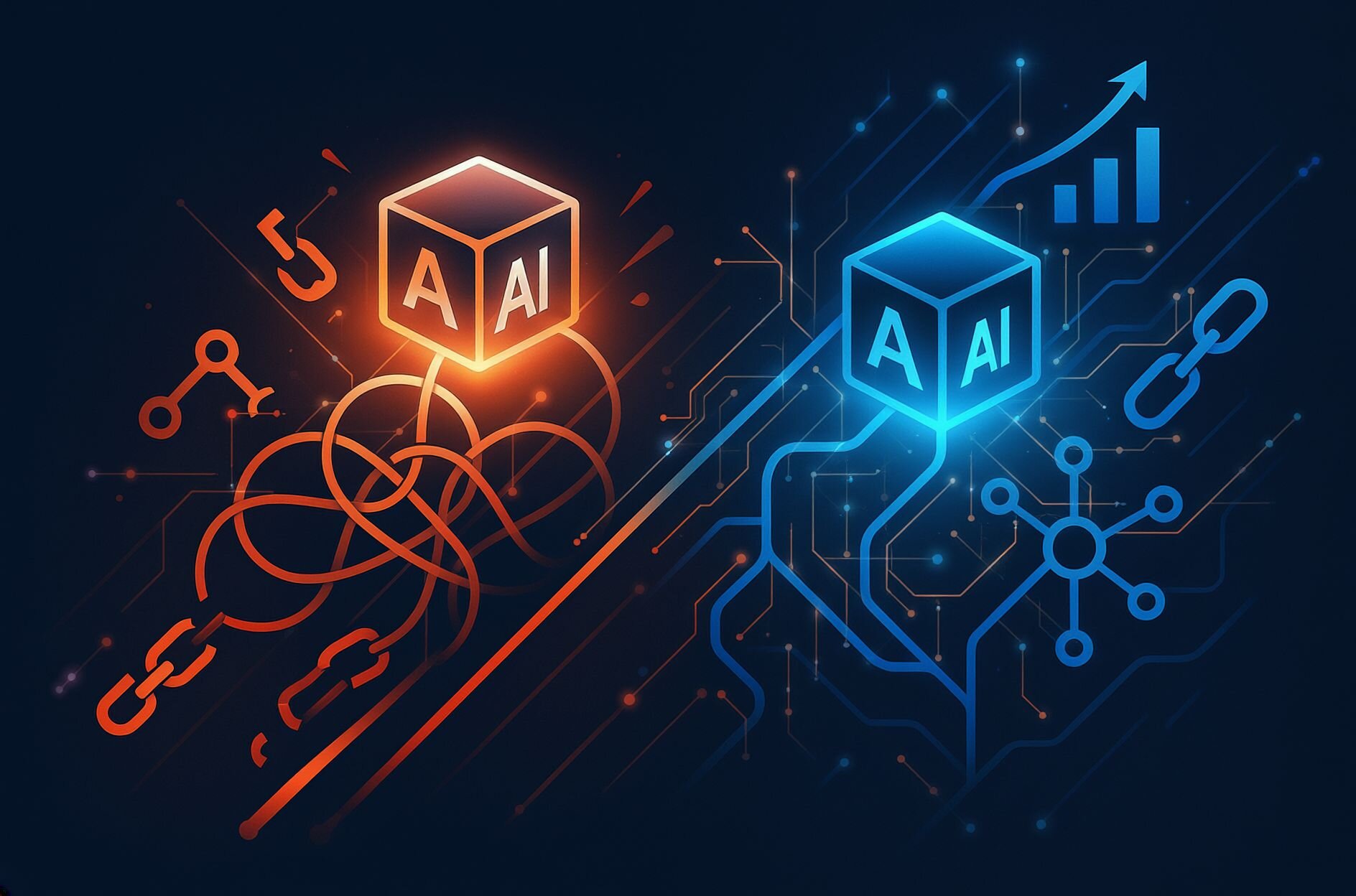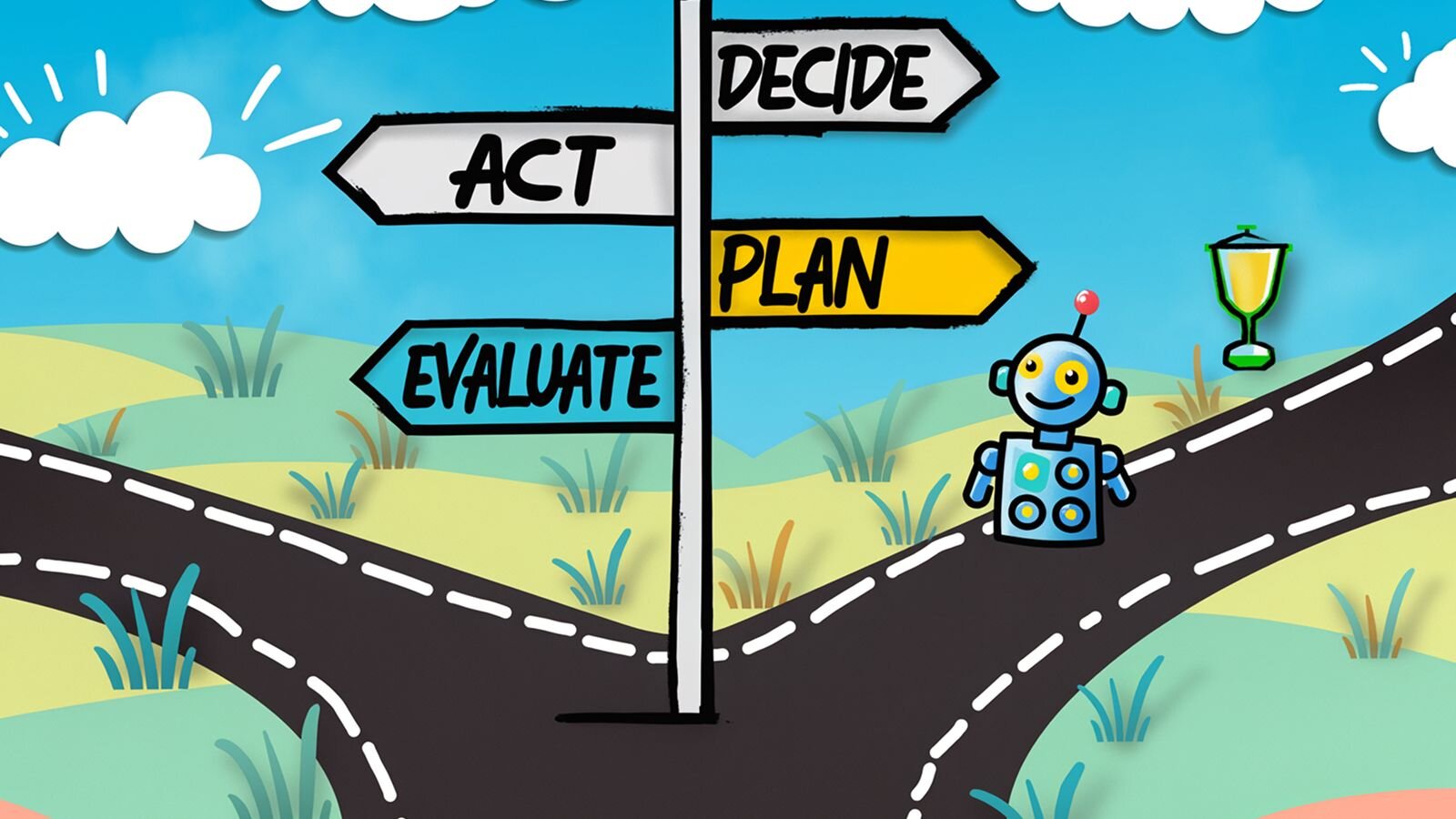#mtpcon Singapore speaker Barry O’Reilly has made it his business to get business leaders to unlearn what they know, and he’ll be taking to the stage in Singapore next month to explain more about how and why leaders need to unlearn past success to succeed in the future.
Barry describes unlearning as “the process of letting go of, moving away from, and reframing once-useful mindsets and acquired behaviours that were effective in the past, but now limit our success” so that you can embrace new behaviours that are effective in a world ripe with emerging technologies and accelerated change.
He thinks it’s a topic that will resonate with an Asian audience because of the prevailing top-down business culture in the region. “I think Asian businesses are starting to realise that their high-performance individuals don’t want to work in company cultures where they’re restricted and told what to do. These individuals want the ability to develop new ideas and pursue them,” he says. “Take Singapore for example, there’s an issue at the moment as innovators and entrepreneurs are moving to other markets, like the US, where they’re encouraged to innovate. The Singapore government is trying to bring talent back to the local market and coach organisations on how to adopt a more merited-based approach.”
Although he’s now based in San Francisco, Barry has worked in Asia and has current clients in Japan and China. He says the idea of unlearning is beginning to take hold in the region and Asian business leaders are starting to understand that they may have to adapt their leadership: “There’s strong interest in how they can start to do that.”
Adapting to Changing Circumstances
Most of Barry’s consulting work comes from Fortune 500 companies or from heavily funded scaling startups in San Francisco and around the globe. Typically these coaching engagements run from three to 12 months. He’s coached executive teams at Capital One, International Airlines Group, HSBC, Google, and Amazon, to name a few.
What he does, he says, is to get these senior people to understand that they need to develop a system to adapt to changing circumstances. Just as a product has features which need to be continuously developed in order to stay relevant, humans need to continuously innovate or adapt their behaviour or face being disrupted. “When senior leaders face issues they can’t resolve, or they’re not living up to the outcomes they expected, or they’ve tried everything they can think of and are still not getting the breakthroughs they need that’s generally a signal that they need to change their behaviour or shift their mindset. I’ve developed a system to help them do that.”
Barry’s unlearning system is grounded in experimentation, a skill learned from his years working in product, as he’s been a product builder for much of his career. Originally from Ireland, Barry’s first job, in 1999, was as a software developer for Citysearch in San Francisco – this was a Yellow Pages-type of online directory for business trying to get on to the internet, and a competitor to Zip2, the business that formed the start of Elon Musk’s career. After that Barry moved back to Europe and worked for a mobile games developer, Games Kitchen. “This was just after Nokia's Snake, at a time when phones started to have small microprocessors on them so you could build arcade-type games on them,” he says. “We launched a game called Wireless Pets which went on to be the biggest WAP game in Europe. It got us seed funding and gave me an opportunity to learn how to build products with emerging technologies.” It was also a key transition point for Barry and the start of his shift to product management: he learned about agile and experimentation and that he wanted to focus more on “what to build, not on how to build it”.
Design and Product Thinking
After two and a half years at Games Kitchen, he went backpacking. He ended up in Australia and started to work on a $800m initiative to build next-generation e-learning content for schools across Asia-Pacific, teaching children to learn through game play. The content has now been distributed through the region, and incorporated into different learning resources- in Australia for example, it’s become the National Digital Learning Resource. "It was very interesting,” says Barry, “it gave me a chance to understand how to work with a federated group of people.”
After this, he moved to London to join Thoughtworks, because he “wanted to work with really great engineering people”. He adds: “Thoughtworks had a real pedigree, they were pioneering continuous delivery, there were people like Martin Fowler who helped to write the Agile Manifesto based there.” It was an interesting time for Thoughtworks, people were just starting to bring design and product thinking into their businesses, Thoughtworks staffers Lindsay Ratcliffe and Mark McNeill had just written a book, Agile Experience Design. Says Barry: “I was curious and wanted to do a tour of duty with the company.”
Barry ran Thoughtworks’ business transformation practice and ended up spending five years at the company. While he was there he wrote Lean Enterprise: How High Performance Organizations Innovate at Scale in conjunction with Jez Humble and Joanne Molesky: “We formed a cross-functional team – I was responsible for product and business innovation, Jez for engineering and Joanne for compliance. The book was a bestseller.”
The success of Lean Enterprise gave him the impetus to set up on his own. He was keen to live in the US again so he moved back to San Francisco and started from scratch. "I wanted to move back to San Francisco after 15 years in Asia and Europe, which meant I was starting from scratch again. But I knew North America was a market I wanted to expand my impact in."
Launching in a New Market
Barry says he overcame this by thinking of himself as a product: “To launch myself in a new market I thought about how I could identify key customers that I wanted to work with and show them that I could pair with them to provide what they need and want. In some respects, it was a big bet but I felt I had the systems in place that I would be able to figure out if it was going to work.” He says he and his wife set some KPIs to hit in the first three months to validate the business was working before both fully committing to move the US as the base to build out the venture. “For the first few months, I commuted between the US and Europe. When I quit Thoughtworks there were people in Europe who wanted me to work with them, so I had clients in Europe to give me a base to build from.”
Going from one client to three was easier than going from five to 10, observes Barry, because as you grow you have to rely on people you may not know hiring you based on the evidence and outcomes of work with others – a key reason always to seek to agree and evaluate outcomes with clients.
KPIs to Measure Success
After four years Barry’s consultancy business is well established and he still relies on KPIs to measure his success. “A key metric for me is the viral coefficient of my peers sharing my content with others,” he says. “By that I mean if I’m creating a great product then my peers are referencing my work. It’s my leading indicator.” He takes a portfolio management approach to the business, and invests 35% of his time in new product creation and development – building new approaches and experimenting with new ways of delivery.
Barry is now looking for ways to scale his impact by leveraging technology, as one of his aspirations for the business is to get a million people to learn how to “unlearn” in the next 12 months. To this end, he’s just run his first Unlearn workshop in virtual reality. “I learned a lot. The platform is still very new and naïve. I’m experimenting with partnerships with other businesses, and doing these virtual reality workshops. I’m challenging myself to find out where I can get to with it,” he says.


